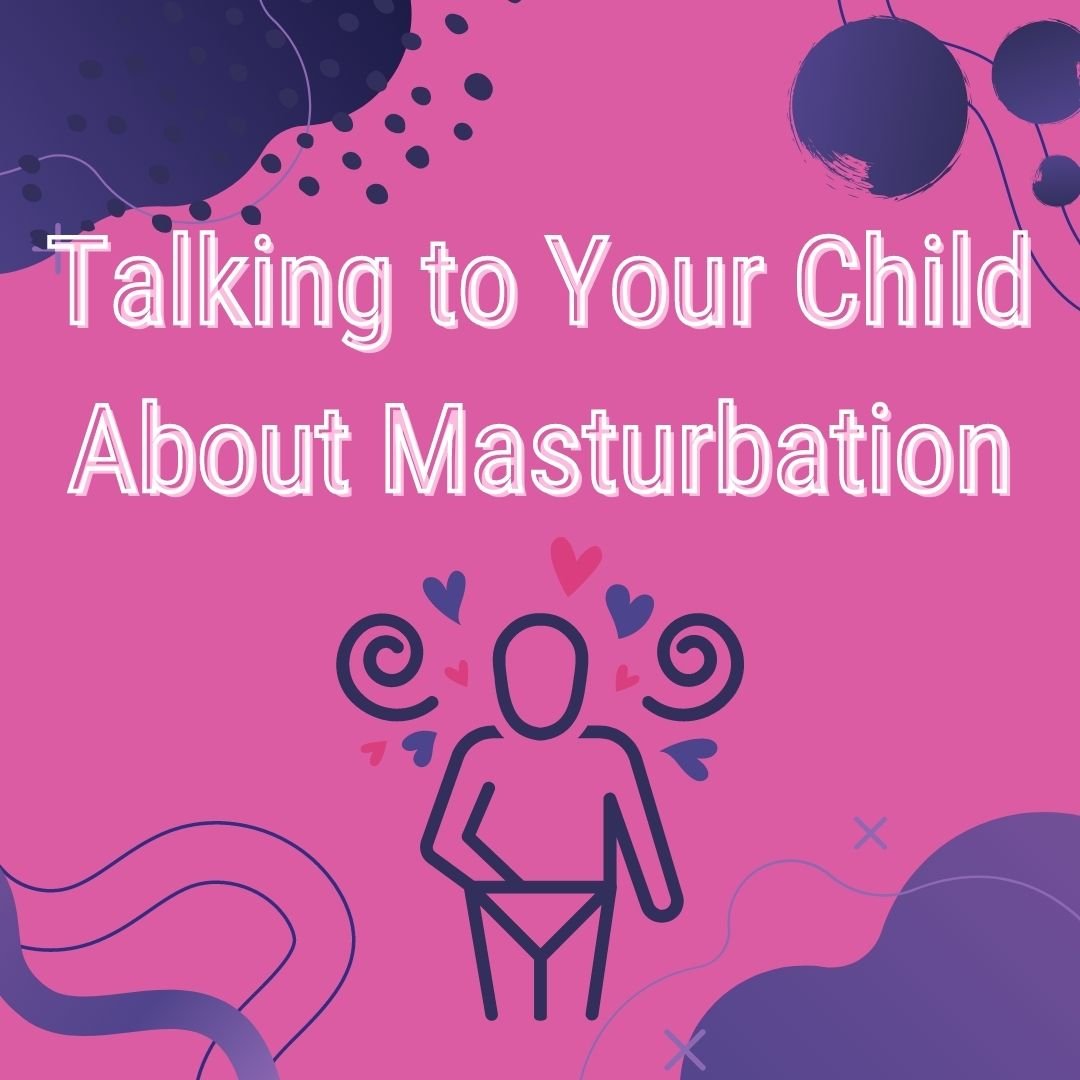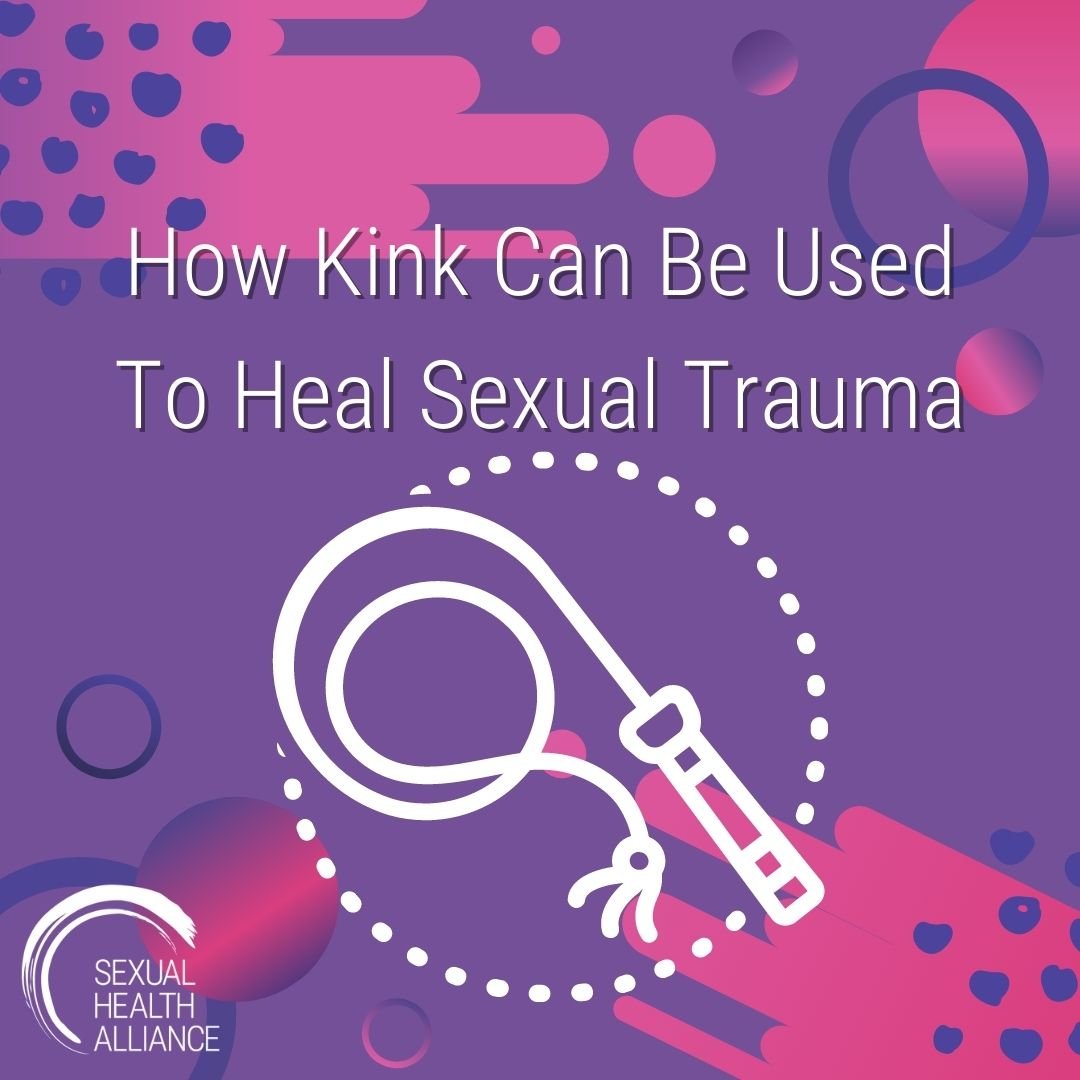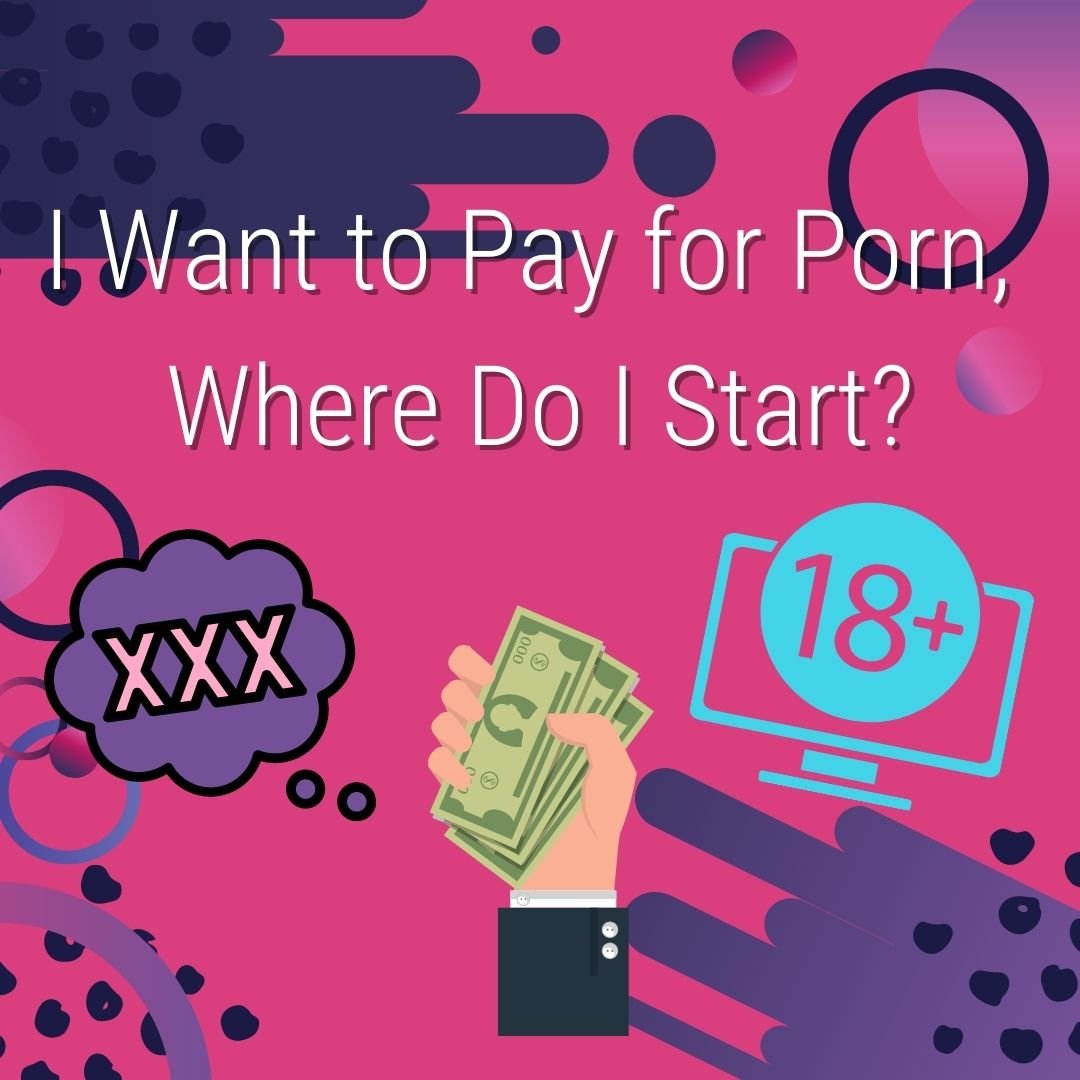Historically pronouns have been wrongfully linked to the gender binary with many individuals being taught that people only use the set of pronouns that match their biological sex that they were assigned at birth. Luckily, as time has gone on, society has become more educated on the proper use of pronouns, although there is most certainly more work to be done. Pronouns should not be tied to the gender binary as they are used to represent a person’s gender identity, which exists outside of the traditional gender binary. Since most of us lack inclusive sex education, it’s vital that we continue to educate ourselves so we can respect the identities of ourselves and those around us. Gender identity can be defined as the following: “...one's own internal sense of self and their gender, whether that is man, woman, neither or both. Unlike gender expression, gender identity is not outwardly visible to others.”
When it comes to enhancing your education on the world of gender identity, educating yourself on the use and purpose of pronouns is a great place to start. It’s important to remember that when someone asks you to use their pronouns, they ask for you to acknowledge and respect their identity. Using the wrong pronouns when referring to someone can cause gender dysphoria, feelings of exclusion, and alienation. Additionally, it is never valid to assume someone’s gender; doing so operates on privilege as someone’s outward appearance does not always relate to their gender identity in terms of gender binary stereotypes. Male/female stereotypes are harmful and perpetuate the idea that one’s body should match their gender identity. This is not the case and “choosing to ignore or disrespect someone’s pronouns is not only an act of oppression but can also be considered an act of violence.”
























